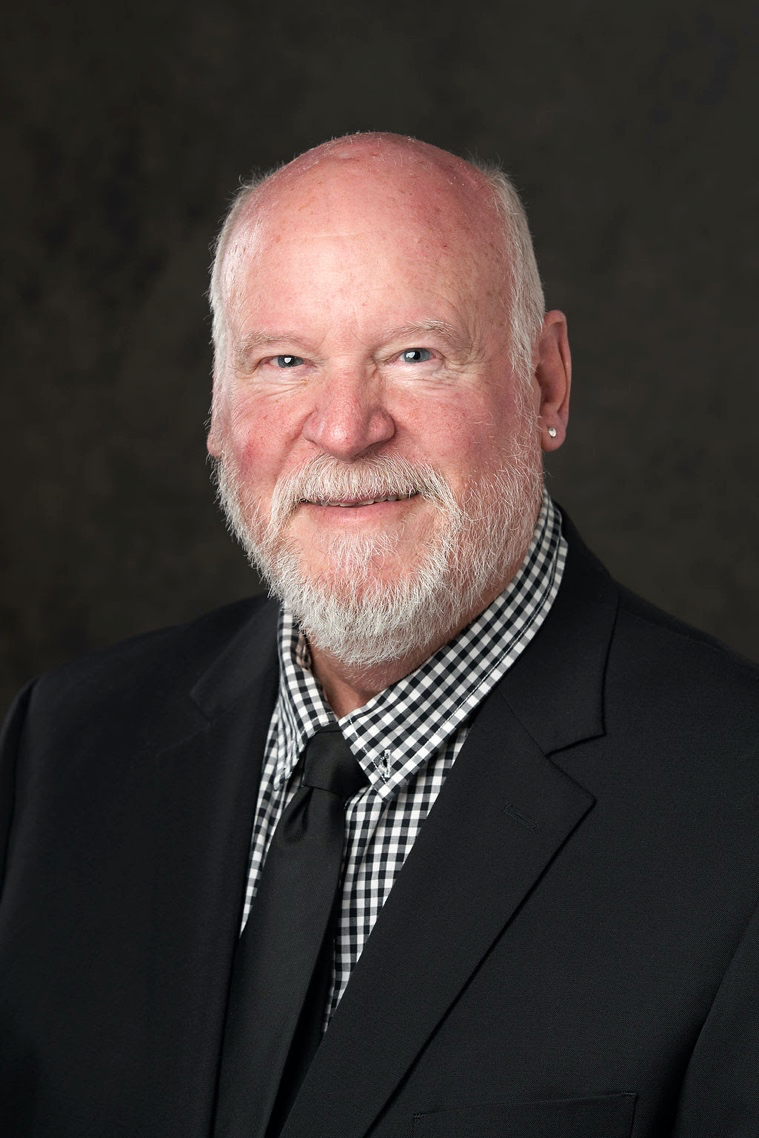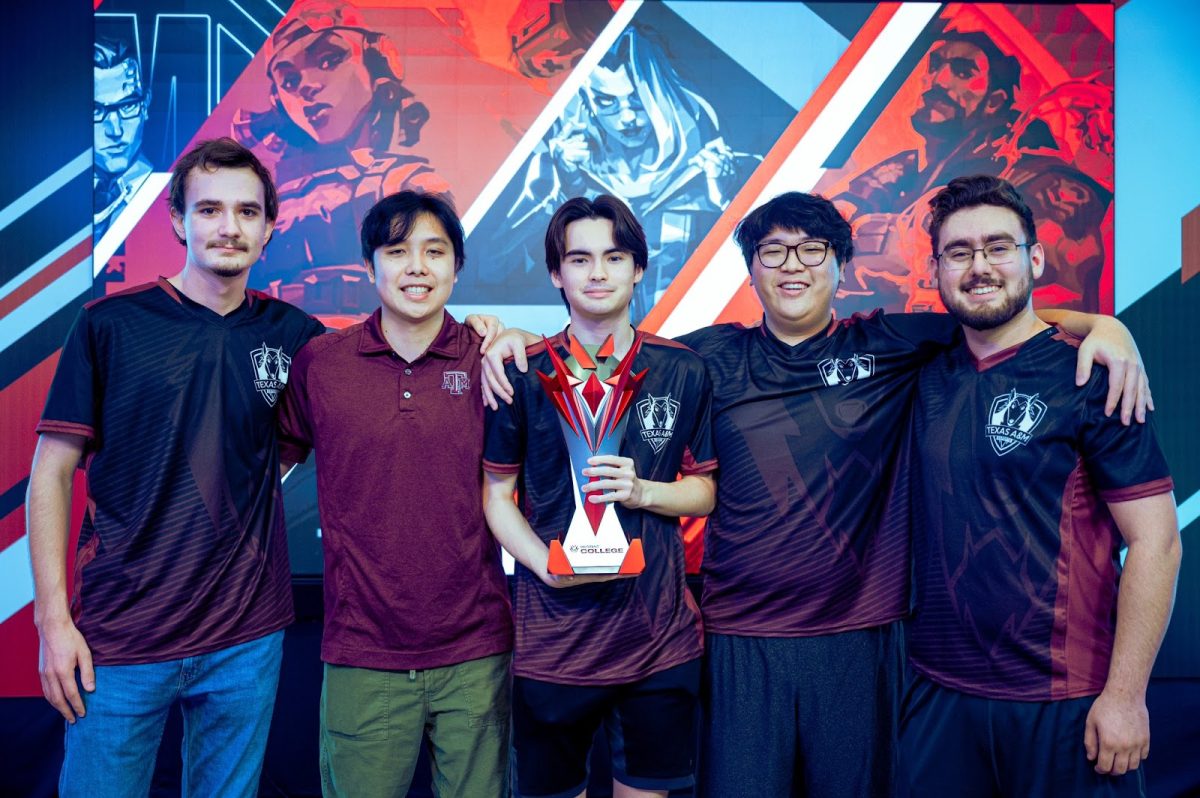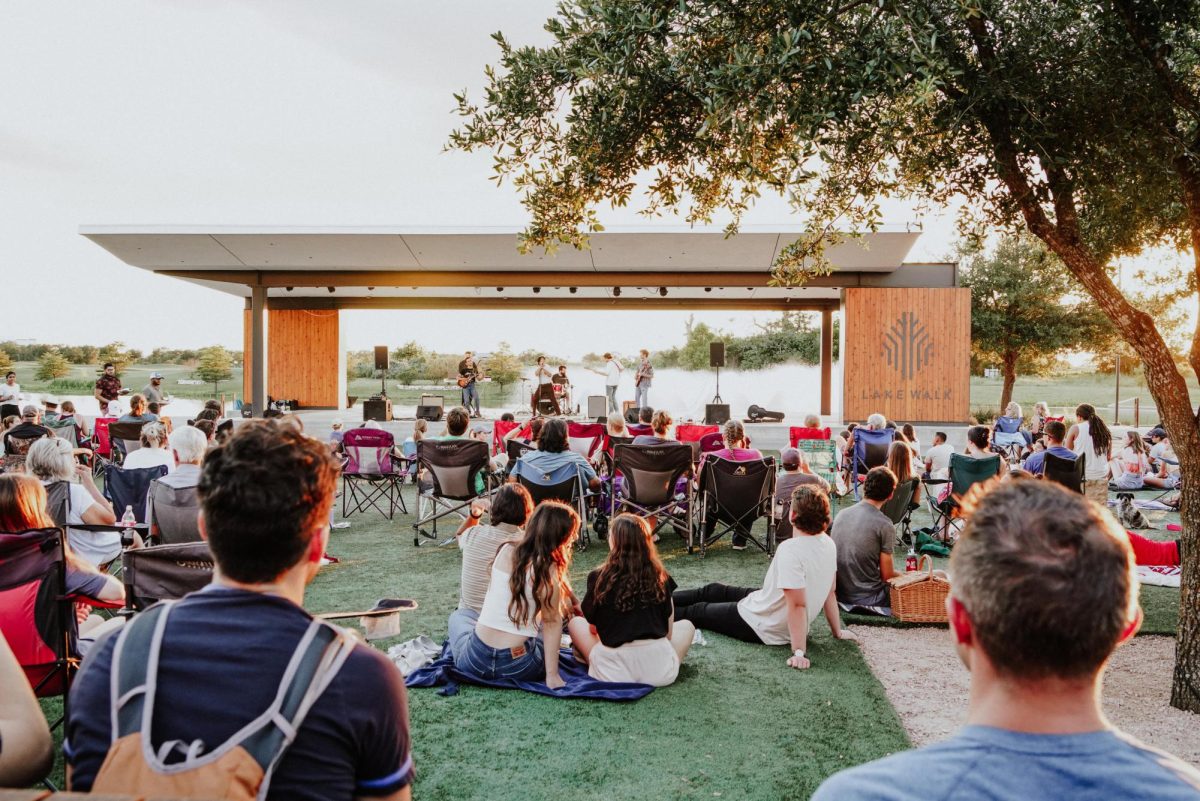“Kind.”
“Caring.”
“Godfather of sorts.”
Many Texas A&M students have echoed these words in reference to James Burdine, DrPH, regents professor of Public Health.
Burdine has been a professor in the Department of Health Promotion and Community Health at A&M for over 20 years and is also the director of Center for Community Health Development at the School of Public Health.
Burdine started his career as a health educator with the American Lung Association in Northern California teaching fifth and sixth graders about lung cancer. Additionally, he spent time running a support group for men diagnosed with chronic obstructive pulmonary disease. He later worked with the San Francisco Bay area government to pass ordinates to reduce smoking in city council meetings, fueling his interest to work in public health.
Burdine said he had some outside inspiration during his younger days that led him to choose a career in public health.
“There were a couple of really popular television shows, ‘Marcus Welby, M.D.’ and ‘Dr. Kildare,’” Burdine said. “I remember being in eighth grade and thinking, ‘Oh, I really want to be like [them].’”
However, his true passion lies much deeper than the passing influence of television.
Burdine grew up in Southern California, attending high school right on the beach. Burdine said most of his childhood was focused around music, playing in bands with friends, with an emphasis on the saxophone and keyboard.
“Growing up in Southern California during the 1960’s was a great place for music and surfing and being generally irresponsible,” Burdine said. “Because of the war in Vietnam, I did not want to be drafted and sent — I needed to stay in school. So, I got a little bit more serious in school, and less focused on music”.
Burdine chose to major in music and health at California State University, Northridge.
“When I finished my bachelors, I got asked by the department to stay on as their first graduate student, where I designed a service delivery mechanism around patient advocacy that still operates today at the North Hollywood Free Clinic in the San Fernando Valley,” Burdine said.
After working with individuals on their health, Burdine said he realized his true passion was in community health. Once he received his doctorate from the University of North Carolina at Chapel Hill, he went to work for a hospital system in Seton Medical Center in Austin, conducting community health.
After working in hospital management and then healthcare consulting for about 10 years each, Burdine’s friend from graduate school mentioned he was helping to open the School of Public Health at A&M, and asked if Burdine would be interested in teaching there. While hesitant at first, not knowing if he was ready, Burdine said he decided to take the chance and has since been at A&M for more than 21 years.
“Helping groups of people assess their health status in a way that helps them identify what the best solution is — not just identifying what the problem is, but identifying the problem in a way that identifies the solution,” Burdine said. “The more you know about me in terms of my values and life experiences, the more you’re able to tailor that intervention to help me change my behavior whether I am an individual or a community.”
Community health assessment is especially important to him, Burdine said. In fact, Burdine has created a methodology that he is recognized for.
“If there is something about the history of our community that leads me to one approach versus another, that information is an important part of what we gather as a health assessment,” Burdine said. “Not just how many people have ‘x’ disease or condition — what I focus my work on — it is what are those values, common histories that groups of people share in effecting that change.”
Burdine says he has to be patient when working with the community.
“Building that community self-confidence is huge, but you have to be patient because you have to wait for people to be ready,” Burdine said. “When you see the kind of fundamental change for these rural communities, when they see that they’ve solved a problem, and they begin to believe in themselves, when you see that change it gives you goosebumps.”
Burdine said his favorite part about being a professor would be watching students connect the dots when he is instructing new concepts.
“You can just see it on students’ faces,” Burdine said. “If they think about some of these values as not just things they do in work, but how they treat people in their homes and values. That’s a huge benefit.”
As far as working at A&M, Burdine said he feels he shares common values with the university.
“For not being an Aggie, I feel like I belong here more than any place else,” Burdine said. “I go to class and tell stories, and when I can talk about what has worked and what hasn’t worked, it integrates all the pieces, makes it feel like what I’ve been doing makes sense.”
Hannah Bartosh, a graduate student and assistant of Burdine said she has learned a lot from him.
“I didn’t realize he’s like a ‘godfather’ of public health,” Bartosh said. “I didn’t realize how much he contributed to the field.”
Bartosh said she was also amazed at how much his humanity shines in his work.
“After a community discussion group, [Burdine] realized one of the impacts of COVID-19 was that older people were particularly lonely — for many, their pets were their only social support,” Bartosh said. “So he helped develop a program where [patients] could have their pets seen for no cost by a mobile vet clinic from [A&M’s] vet school. The reassurance the owners feel about taking care of their pets and not having to worry about driving and about their vet bill was amazing. I thought that was so meaningful and sweet. I didn’t know how many meaningful experiences I would get in public health so I’m glad I got to see that unfold. He’s the nicest person I’ve ever met.”
Jennifer Ramirez, a doctoral student with Burdine said she has had similar sentiments.
“Before asking any questions, he asks how I’m doing — he cares about your well being over everything,” Ramirez said. “It makes me feel like a person, like someone that matters rather than one more student or one more employee so he always makes me feel welcome.”
Because he’s had so much life experience, Bartosh said her favorite aspect of Burdine as a professor is all of the stories that he’s shared.
“Listening to his stories is really interesting to see how things have changed over time,” Bartosh said. “Some professors are intimidating, and although he could be like that because he is an expert in his field, you don’t get that vibe with him because he is so open and non-judgemental — you really feel like you can share your different experiences. His class is very organic and natural. He is like a wise man sitting on top of a mountain.”
Ramirez said her experience with Burdine is of high esteem.
“He’s not micromanaging me, but rather there as guidance if I need help,” Ramirez said. “His main concern is to build the capacity of his students, he wants to build you up to tackle projects on your own. He gives me the freedom to try things, use my skills, and then if I need help he is there to guide me.”
Burdine said he is proud of his methodology of community health assessments he has developed over the years.
“I can’t take credit for having invented all of it because mostly it’s other people’s ideas put together in a new way,” Burdine said. “It’s kind of like making an omelet, I can’t claim to have invented the omelet, but this particular kind omelet — the population based health assessment, is what I’m kind of recognized for”.
Burdine said he wants students to know about his community health resource centers.
“We developed what are called ‘community health resource centers,’ one stop shop locations out in the rural counties, where people can go there to get care rather than coming out into Bryan-College Station to get care,” Burdine said. “This entails a lot of routine services, whether it’s domestic counseling, mental health counseling, or health education around various topics and screening programs.”
Bartosh said Burdine is a valuable professor to the School of Public Health.
“I think Texas A&M is blessed to have such an expert in the field. I think he in himself has continued to create,” Bartosh said. “He’s helped so many different public health professionals that I think he in itself has created a legacy at Texas A&M.”





















